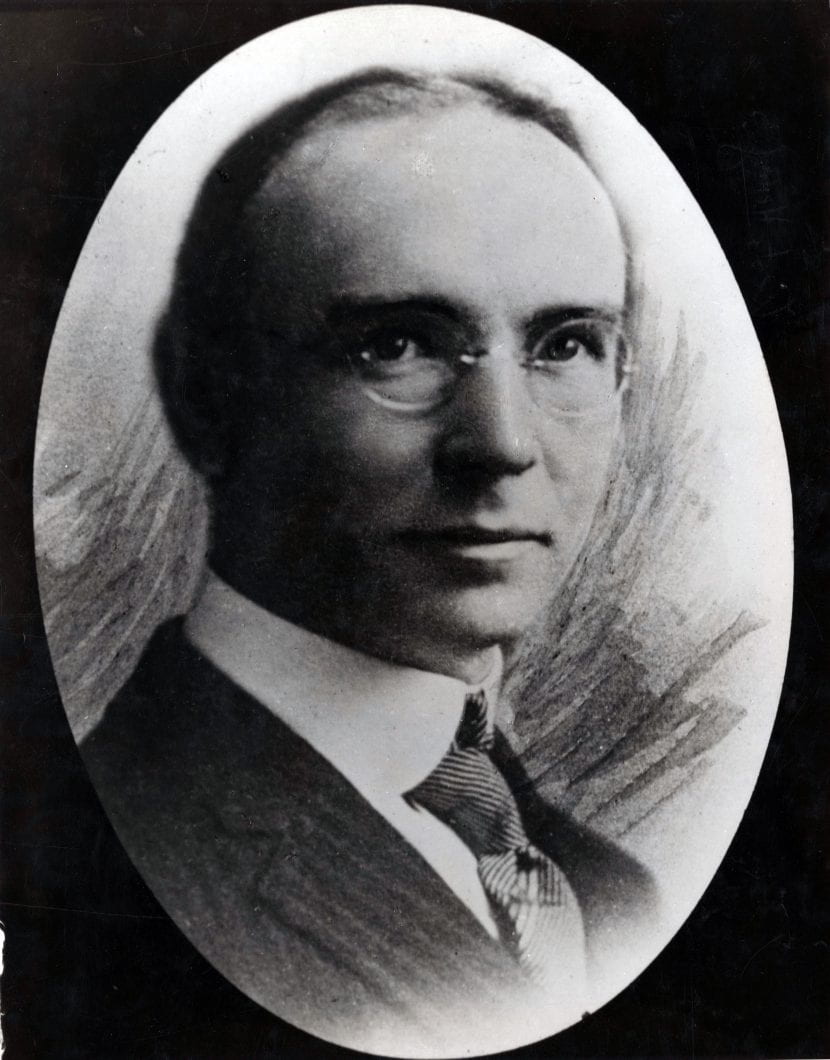To celebrate the inauguration of Kim Schatzel as Towson University’s 14th leader, we are looking back at the past leaders of the school. These essays are from a book we helped craft, Towson University: The First 150 Years.
The State Board of Education selected Dr. Henry Skinner West, a locally educated man with much experience, to succeed Sarah Richmond in 1917. West graduated from City College and the Maryland Institute, then earned a bachelor’s and doctoral degree from Johns Hopkins University. He served as principal of Western High School, was Assistant Superintendent of Baltimore City Schools, and was a professor of Education at the University of Cincinnati before becoming principal of MSNS in 1917.
MSNS was still in a transition period resulting from the move from Baltimore City to Baltimore County. Managing an 88-acre campus with several buildings and facilities, dormitories for the first time, a model school, and many other administrative adjustments was a daunting task for any principal. These changes, together with the decline in enrollment caused by the war were challenges that West faced. Most importantly, the decline in enrollment meant fewer new teachers for Maryland’s schools and a noticeable decline in the quality of teaching throughout the state.
One solution was to add a summer session for helping existing teachers renew and expand their knowledge and skills. West wisely kept Sarah Richmond at the school to help with administrative duties by making her the first Dean of Students. He strengthened MSNS by establishing the first organized library on campus, appointing a business manager, increasing the emphasis on practice teaching, improving the cafeteria, and opening the campus as a community center to the surrounding neighborhoods.
Perhaps most important of all the actions West took to strengthen MSNS in the trying times of the First World War were his efforts to improve teachers’ salaries. He organized a broad study of teachers’ salaries in the state and convinced the political leaders to improve their compensation. With better pay, the teaching profession, for both men and women, became more attractive. This helped to strengthen overall education within Maryland. In 1920, after the war in Europe ended, West resigned his position as principal and accepted a new role as Superintendent of the Baltimore City Schools. His tenure at MSNS was brief, but his strong actions during a stressful time left the MSNS ready for a new period of growth under the direction of Dr. Lida Lee Tall.
